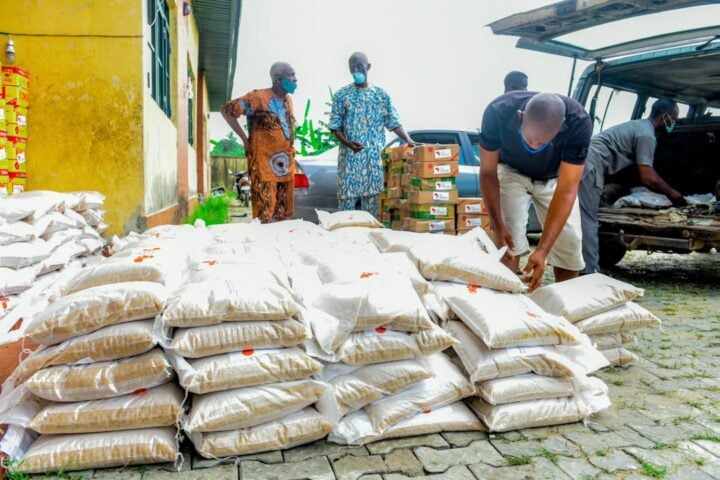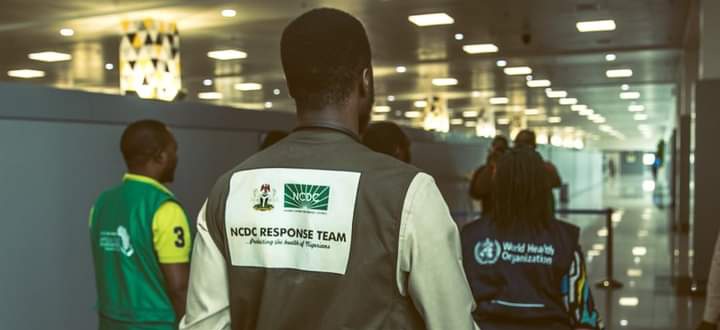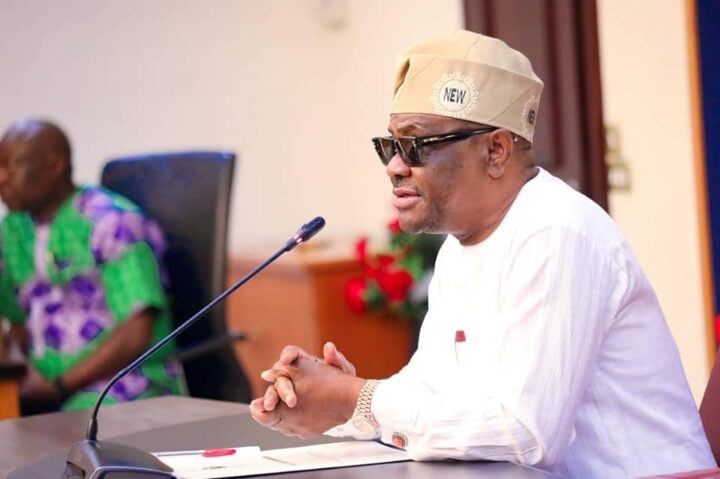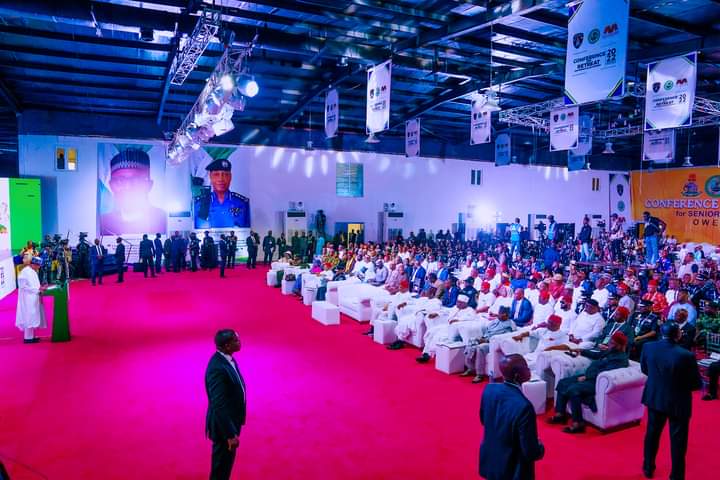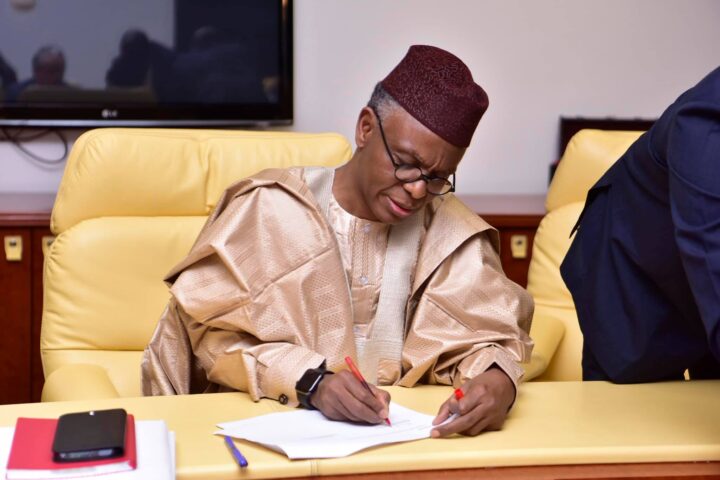Nana Akufo-Addo, president of Ghana, says the country will review the standards required for imports of major products to boost local production.
The president said this on Sunday while addressing the country on the economy.
Akufo-Addo said the country’s economy “is in great difficulty”, adding that steps are being taken to seek help from external bodies and put other measures to resuscitate the economy.
“We are in a crisis, I do not exaggerate when I say so. I cannot find an example in history when so many malevolent forces have come together at the same time,” he said.
Advertisement
Akufo-Addo further said the country needs to prioritise imports, as well as review the management of its foreign exchange reserves and ensure major products: rice, bottle water, and fruit juice, are produced locally.
He said the aim was to restore and sustain macroeconomic stability within the next three to six years, with a focus on ensuring debt sustainability to promote durable and inclusive growth while protecting the poor.
“We have decided to review the reforms in the energy sector, capping of statutory funds, implementation of the exemptions act and a new property rate regime,” Akufo-Addo said.
Advertisement
“We will continue with the 30 percent cut in discretionary expenditures of ministries, departments and agencies (MDAs).
“My fellow Ghanaians, the success of our efforts at diversifying the structure of the Ghanaian economy from an import-based one to a value-added exporting one is what will, in the long term, help strengthen our economy.
“We are making some progress with the ‘one district, one factory’ Ghana (1D1F), but our current situation requires that we take some more stringent measures to discourage the importation of goods that we can and do produce here.
“To this end, we will review the standards required for imports into the country, prioritise the imports, as well as review the management of our foreign exchange reserves, with imports of products such as rice, poultry, vegetable oil, toothpicks, pasta, fruit juice, bottled water and ceramic tiles, and others which, with intensified government support and that of the banking sector, can be manufactured and produced in sufficient quantities in Ghana.
Advertisement
“Government will, in May 2023, that is six months from now, review the situation.
“Much as we believe in free trade, we must work to ensure that the majority of goods in our shops and marketplaces are those we produce and grow here in Ghana.
“That is why we have to support our farmers and domestic industries, including those created under the 1D1F initiative, to help reduce our dependence on imports, and allow us the opportunity to export more and more of our products and guarantee a stable currency that will present a high level of predictability for citizens and the business community.
“Exports, not imports, must be our mantra! Accra, after all, hosts the headquarters of the secretariat of the African Continental Free Trade Area.”
Advertisement
Earlier this year, Ghana had decided to hold formal engagements with the International Monetary Fund (IMF) after its citizens took to the streets to protest over spiralling inflation and other economic difficulties.
Ghanaians, however, kicked against it.
Advertisement
Akufo-Addo, in his address, urged all citizens to see the decision to go to the International Monetary Fund (IMF) in good faith.
“The negotiations to secure a strong IMF Programme which will support the implementation of our Post COVID-19 programme for economic growth and additional funding to support the 2023 budget & development programme, are going well,” he said.
Advertisement
“We are determined to secure these arrangements quickly to bring back confidence and relief to Ghanaians. We are working towards reaching a deal with the IMF by the end of the year.”
Advertisement
Add a comment
